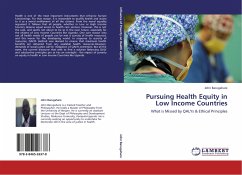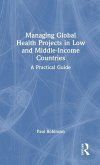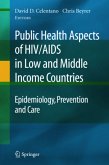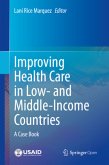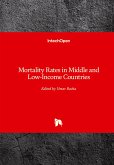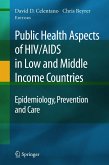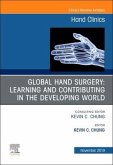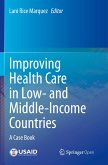Health is one of the most important instruments that enhance human functionings. For that reason, it is reasonable to qualify health and access to it as a moral entitlement of all the citizens. From the moral equality argument it follows that all people, whether in Low or High Income Country deserve equal access to health care services. However, this is not the case, and seems not about to be so in the near future, especially for the citizens of Low Income Countries like Uganda. One sure reason why not all health needs of people can be met is scarcity of health resources, and this worse for the developing world. In response to scarcity of resources, QALYS method was devised to ensure that maximum health benefits are obtained from any available health resources.However, demands of social justice call for mitigation of QALY's extremism. But all the same, the current discourse that seek to find a solution Balancing QALY and substantive principles per se has an oversight - the impactof poverty on equity in health in Low Income Countries like Uganda.
Bitte wählen Sie Ihr Anliegen aus.
Rechnungen
Retourenschein anfordern
Bestellstatus
Storno

